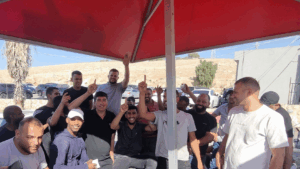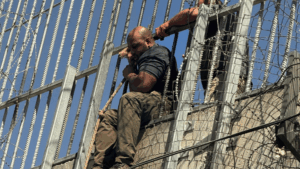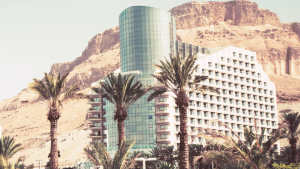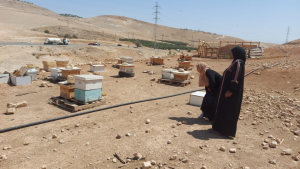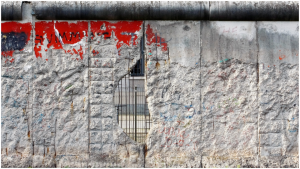Criticism is being directed these days at Qatar, which is hosting the World Cup games. Most of it concerns Qatar’s treatment of the migrant workers who built the state-of-the-art stadiums.
A million workers came to Qatar from all over Asia and Africa to build the World Cup facilities. They were forced to sign draconian contracts known as Kafala, which forced them to pay thousands of dollars for a work permit, thus making them completely dependent on their employer in a method defined as bonded labor. In addition, according to , 6500 workers died in accidents or because of bad living conditions and introduced a reform in 2017, but according to Prof. Natasha Eskander of NYU, the reform did not fundamentally change the situation, and the extreme exploitation of workers continues to this day.
Israel has a similar system. 200,000 Palestinian workers are employed in the Israeli labour market under a similar system of bonded labour. Most commute daily from West Bank, plus about 15,000 from Gaza. They get their permits on condition that they continue to work for a specific employer. If they decide to leave him, they lose the permit and remain jobless.
The Israeli employers’ monopoly on permits allows them to trade unused permits for money. According to estimates, 70,000 Palestinians are forced to pay a monthly fee of NIS 2500 each ($715) to get such a permit. That is 30-40% of their wages.
Israeli Security Authorities say they oppose this criminal practice but insist on letting employers have control of permits. In response to calls to transfer the control to workers Israel says that it must keep the permits with the employers so they can maintain supervision over every worker who enters Israel.
Practice belies this excuse: the trade in unused permits creates a situation where many workers do not know their official employer at all, who in turn knows nothing about them or their whereabouts after they cross the checkpoint.
The security rationale does not hold water in this case. We are left with a corrupt and exploitative system that allows criminal contractors to get rich, while workers are exploited.
Just as we fight the Kafala in Qatar, so we must get rid of the current Permit System in Israel.
MAAN Workers Association calls on the government to give Palestinians work permits in their own names—Green Cards, we call them. A Green Card system will put an end to the criminal trade in permits and eliminate bonded labour.


